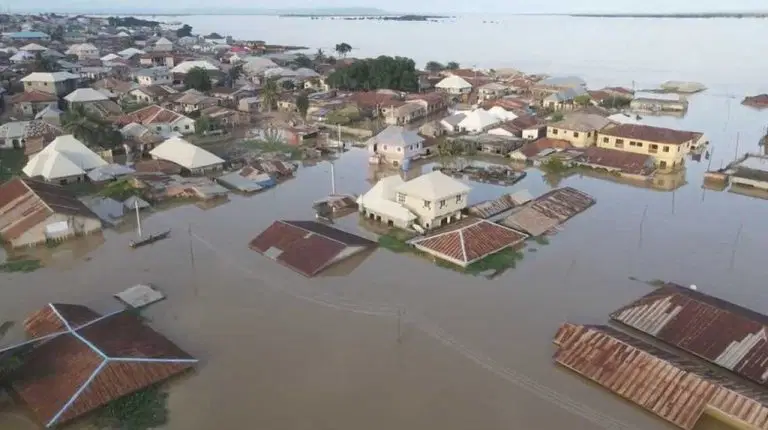Nigeria is facing a serious Lassa Fever outbreak, with over 1,025 cases reported across 28 states as of October 2024. The National Orientation Agency (NOA) has raised concerns over the high rate of infections, emphasizing the need for Nigerians to take action and ensure their environments are rodent-free.
Prevention Measures:
- Maintain good hygiene
- Store food in rodent-proof containers
- Avoid contact with infected persons
The NOA has identified eight high-risk states, including Benue, for focused intervention and is partnering with the Federal Ministry of Health and the National Center for Disease Control and Prevention (NCDC) for a nationwide awareness campaign.
Lassa Fever is an acute viral hemorrhagic disease caused by the Lassa virus, primarily transmitted to humans through direct contact with infected rodents or food and household items contaminated with their urine or feces.
Symptoms:
- Fever
- Myalgia
- Nausea
- Vomiting
- Sore throat
- Abdominal and chest pains
Illness may progress to more serious symptoms, including hemorrhaging, neurological problems, hearing loss, tremors, and encephalitis.
Early treatment is crucial for survival, and requires specialized treatment using the guanosine analogue ribavirin.
Source: Vanguard





